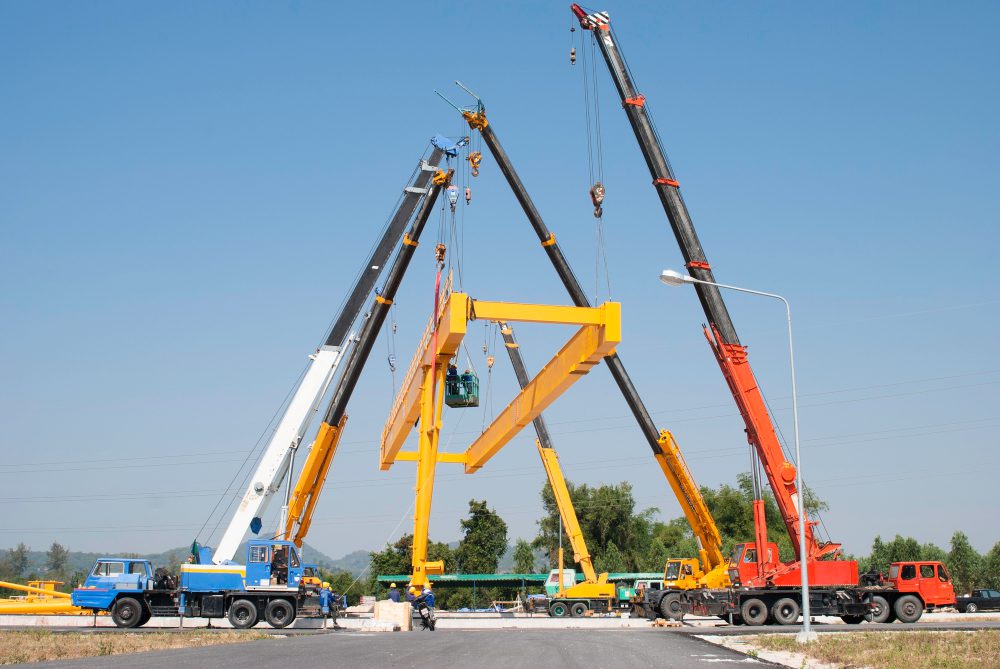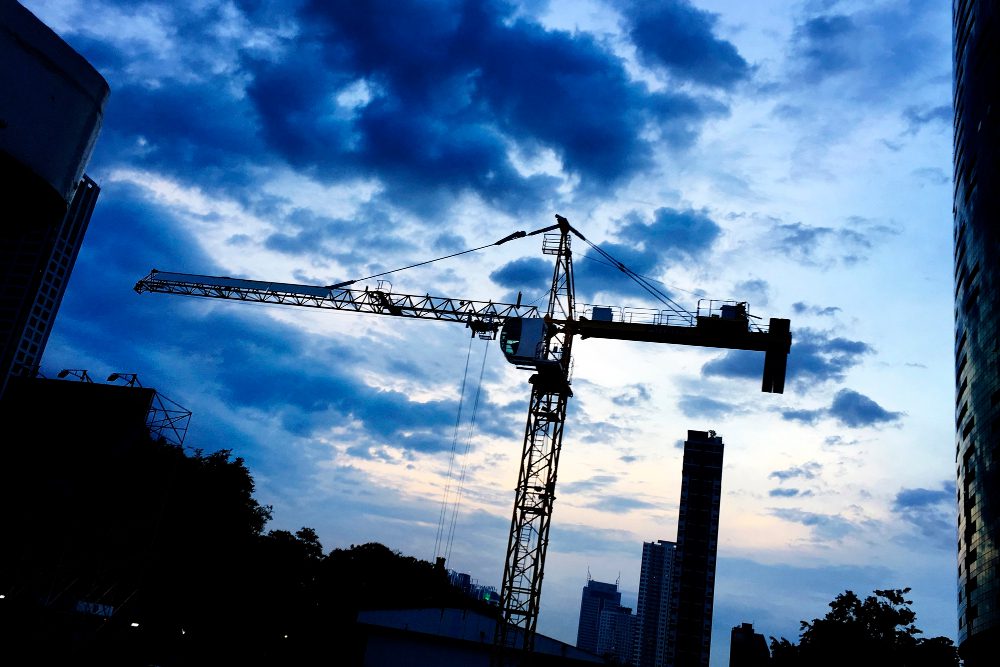In the UK, operating a crane requires specific qualifications and training to ensure the safety and efficiency of crane operations. Crane operators must hold a Construction Plant Competence Scheme (CPCS) card or an equivalent certification that is widely recognised within the UK construction industry. Below is a concise overview of the qualifications needed to operate a crane in the UK, followed by a more detailed explanation of each requirement.
Overview
- CPCS or equivalent certification
- Health and safety training
- Practical training and assessment
- Continuous Professional Development (CPD)
CPCS or Equivalent Certification
To work as a crane operator in the UK, obtaining a CPCS card or equivalent certification is essential. This card validates that the holder has the necessary training and qualifications to operate cranes safely and effectively.
CPCS Card Categories
It’s important to obtain the correct category of CPCS card, tailored to the type of crane you intend to operate, such as tower crane, crawler crane, or compact crane.
Health and Safety Training
Health and safety training is crucial for potential crane operators. This training provides knowledge on potential hazards and the correct safety procedures to follow while operating a crane. Many training providers offer courses that cover health and safety regulations relevant to crane operations.
Practical Training and Assessment
Hands-on practical training and assessment are fundamental in obtaining the required qualifications to operate a crane. During this phase, trainees will gain practical experience operating a crane under expert supervision and be assessed on their competence.
Assessment Process
During the assessment, candidates will be evaluated on their ability to operate the crane safely, handle and transport loads, and communicate effectively with other site personnel.
Continuous Professional Development (CPD)
Continuous learning and staying updated with the latest industry standards and regulations is essential for crane operators. Many organisations offer CPD opportunities for crane operators to enhance their skills and knowledge.
Benefits of CPD
- Keeps skills and knowledge up to date
- Ensures compliance with the latest industry standards and regulations
- Enhances career progression opportunities
Is It Hard to Operate a Tower Crane?
Operating a tower crane is a task that requires considerable skill, training, and attention to detail. While it might seem daunting to some, with the correct training and experience, it becomes a manageable and rewarding role. Below are some of the challenges and requirements faced by tower crane operators, as well as the support and training that make this career accessible.
Challenges of Operating a Tower Crane
- Handling the immense responsibility for the safety of others and materials.
- Working at significant heights can be a challenge for some individuals.
- Understanding and interpreting complex controls and machinery.
- Communicating effectively with ground and site personnel.
“Skill, precision, and calmness under pressure are essential traits for a tower crane operator.”
Training and Support
Despite these challenges, extensive training and support are available for aspiring tower crane operators. Proper training programs ensure operators are well-equipped with the knowledge and skills necessary to overcome these challenges. Continuous learning and experience will further enhance an operator’s capability and confidence in managing the complexities of operating a tower crane.
In essence, while operating a tower crane involves facing various challenges, with the right training, support, and experience, it is a highly achievable and rewarding career path.
Conclusion
In conclusion, to operate a crane in the UK, individuals must acquire the appropriate qualifications, including a CPCS card or equivalent certification, health and safety training, and practical training and assessment. Additionally, engaging in continuous professional development ensures that crane operators maintain the highest standards of safety and competence in their roles.


